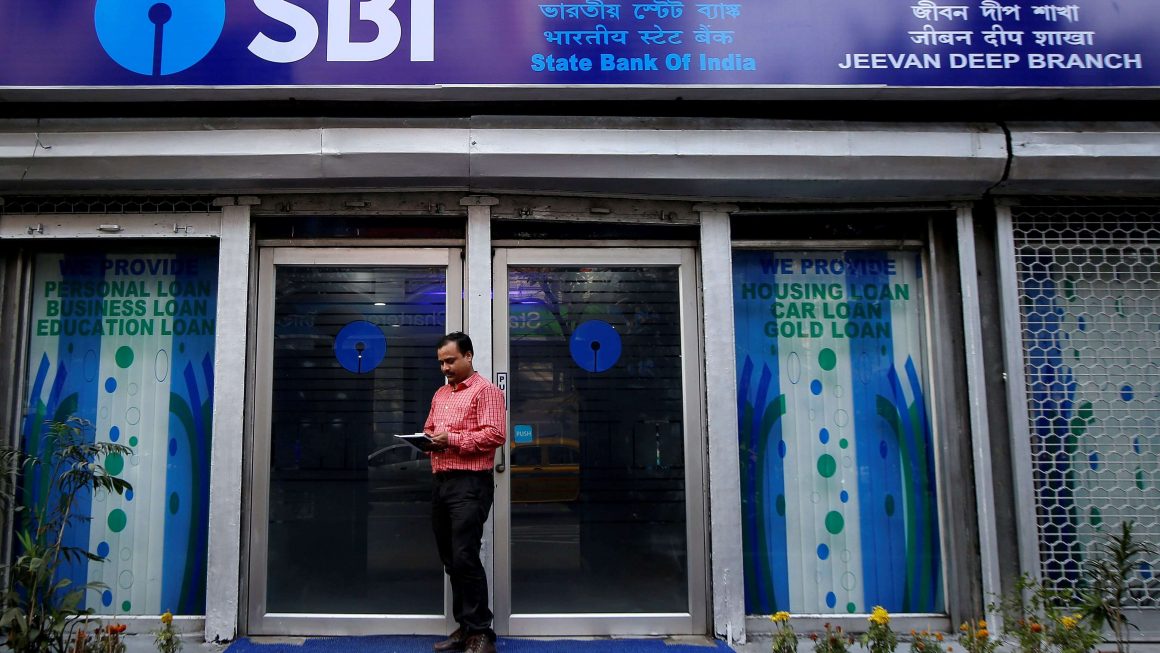BANGKOK: As negotiations to finalise the long-overdue Regional Comprehensive Economic Partnership (RCEP) enter final stages, Prime Minister Narendra Modi said India has put forward “reasonable proposals” in a clear manner and is engaged in the talks with “sincerity” for the free trade deal.
Modi said India is “clear” that a mutually beneficial RCEP, in which all sides gain reasonably, is in interests of the country and of all nations involved in the negotiation.
The prime minister’s comments came as negotiators from 10-nation ASEAN (Association of Southeast Asian Nations) and six other countries — India, China, Japan, South Korea, Australia and New Zealand are engaged in intense negotiations to seal the deal at a summit of the bloc here on Monday.
If finalized, the RCEP deal will facilitate creation of the biggest free-trade region in the world as the 16-nation grouping is home to 3.6 billion people, or nearly half the world’s population.
“India remains committed to a comprehensive and balanced outcome from the ongoing RCEP negotiations. Their successful conclusion is in the interest of everyone involved. Hence, India seeks balance across goods, services and investments, and also within each pillar,” Modi said in an interview to Bangkok Post newspaper.
The prime minister will attend India-ASEAN summit, East Asia Summit and the RCEP Summit during his stay here from November 2-4.
Modi said India too would like a win-win outcome from the RCEP negotiations.
“We believe that for this, addressing our concerns over unsustainable trade deficits is important. It needs to be recognised that opening the vast Indian market must be matched by openings in some areas where our businesses can also benefit,” the prime minister added.
Diplomats from two RCEP member countries said there was a “very high” possibility of inking the deal at the bloc’s summit on Monday if India agrees to be part of it.
“We have put forward reasonable proposals in a clear manner and are engaged in negotiations with sincerity. We would like to see commensurate levels of ambition on services from many of our partners, even as we are ready to address their sensitivities,” Modi said.
“Overall, we are clear that a mutually beneficial RCEP, in which all sides gain reasonably, is in interests of India and of all partners in the negotiation,” he said.
The RCEP negotiations were launched by ASEAN leaders and the six other countries during the 21st ASEAN Summit in Phnom Penh in Cambodia in November 2012.The objective of launching RCEP negotiations was to achieve a modern, comprehensive, high-quality, and mutually beneficial economic partnership agreement among the ASEAN member States and its FTA partners.
On India’s ties with ASEAN, Modi said engagement with the bloc has been, and will remain, a critical element of New Delhi’s Act East policy and strategy.
The prime minister also complimented the ASEAN for its outlook on the Indo-Pacific, which, he said, has significant convergence with India’s Indo-Pacific vision.
“Maritime security, connectivity, economic growth and sustainable development are priority areas both in our and Asean’s approaches to build a peaceful and prosperous Indo-Pacific region. We will be glad to work with our partners in Asean to progress partnership in achieving these objectives,” Modi said.
Modi also said that India attaches great importance to the Bay of Bengal Initiative for Multi-Sectoral Technical and Economic Cooperation (BIMSTEC).
“It constitutes a unique link between South Asia and Southeast Asia with five members from South Asia (Bangladesh, Bhutan, India, Nepal and Sri Lanka) and two from Southeast Asia (Myanmar and Thailand),” he added.
Source: Press Trust of India


